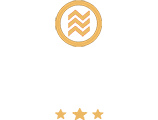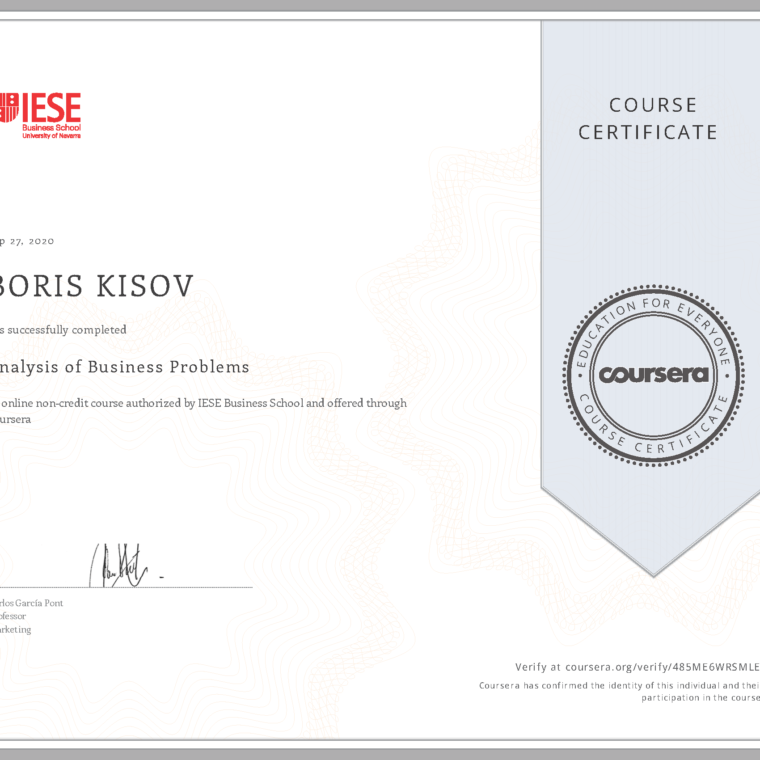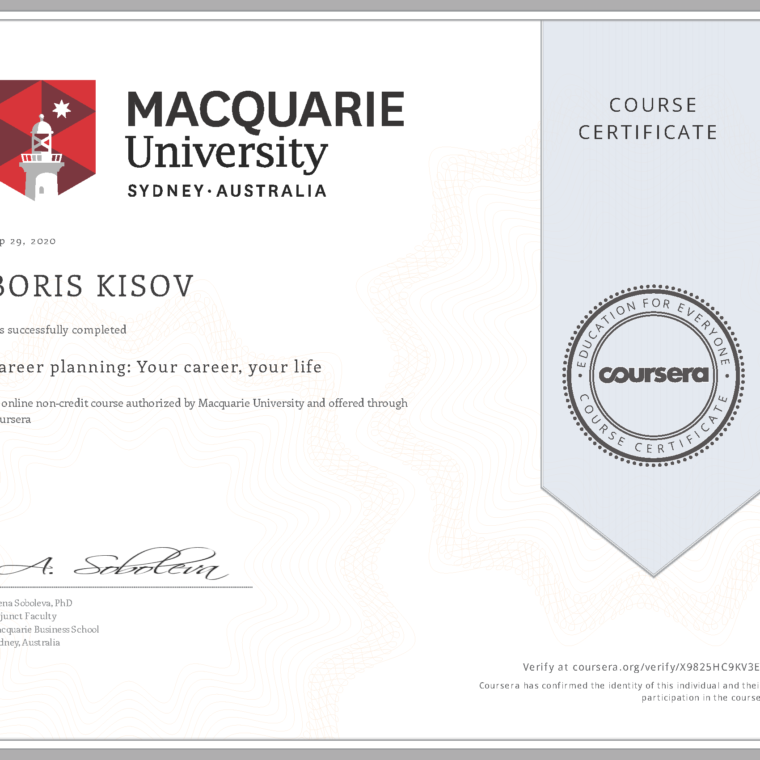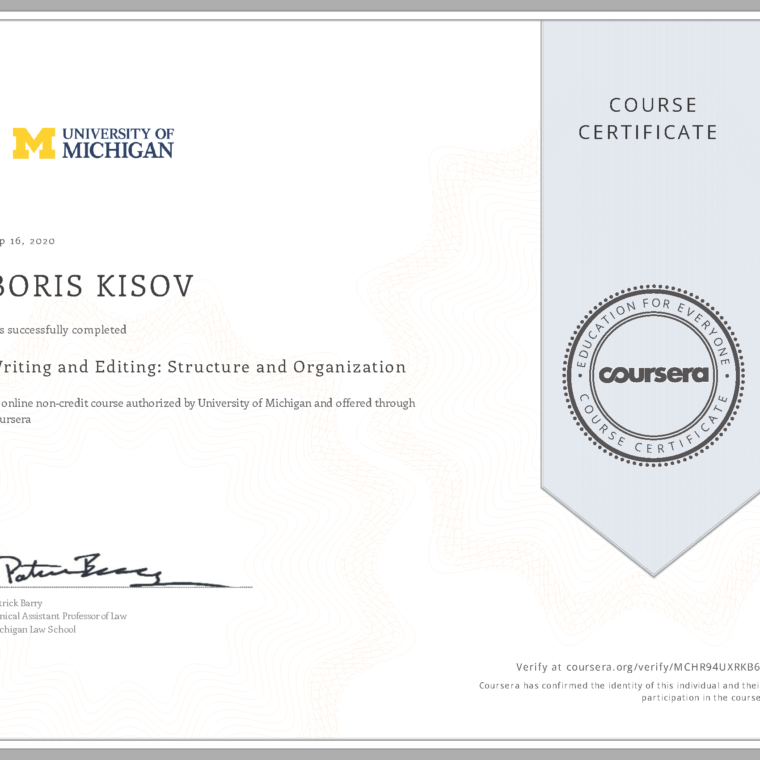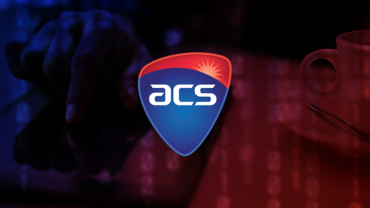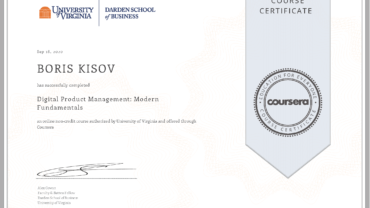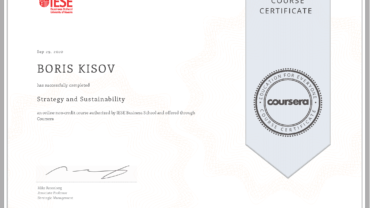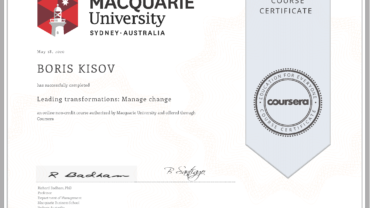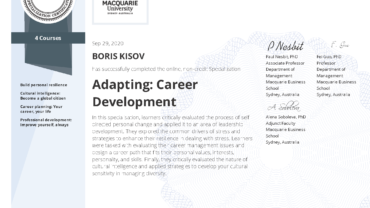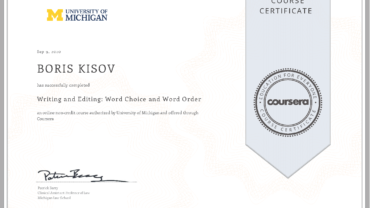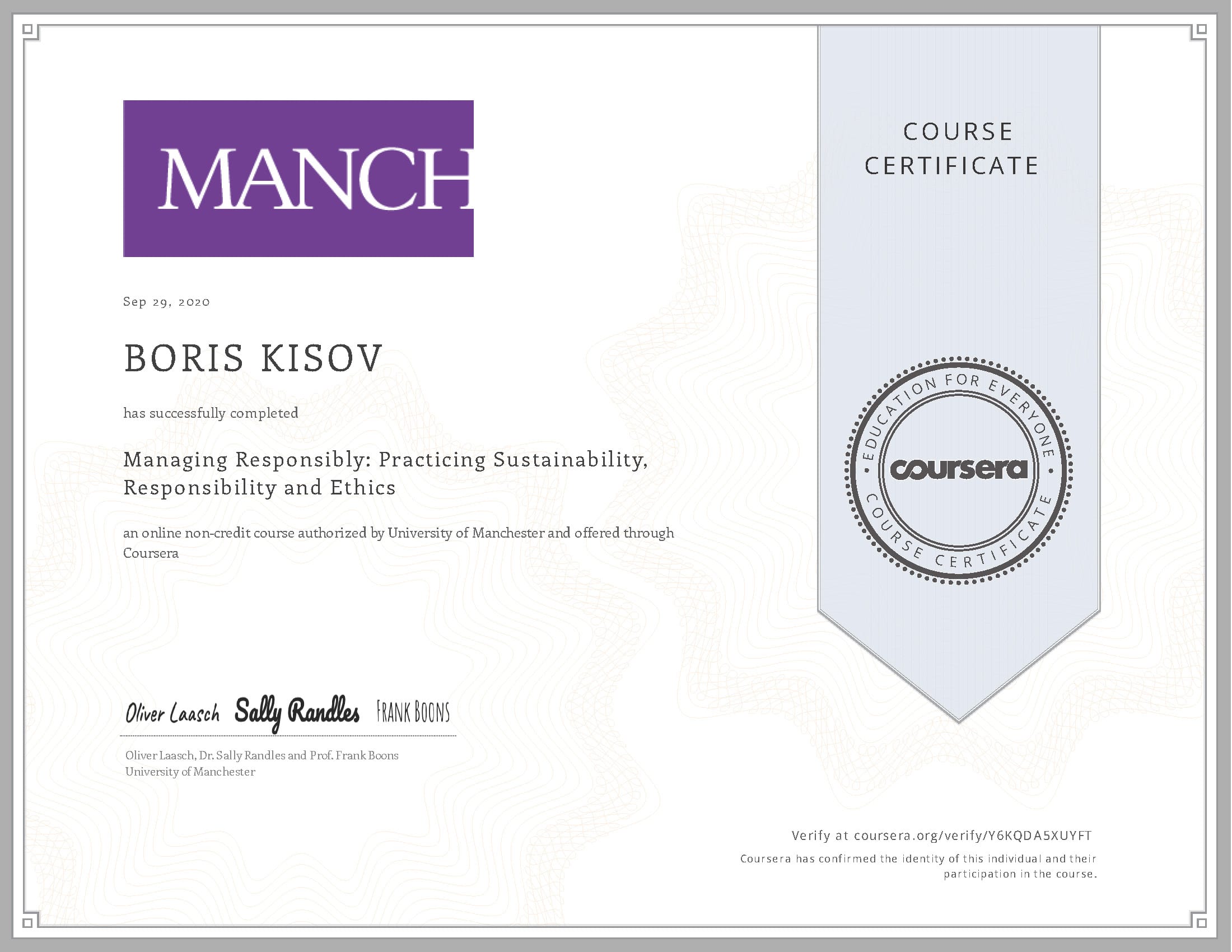
Managing Responsibly: Practicing Sustainability, Responsibility and Ethics
Managing Responsibly: Practicing Sustainability, Responsibility and Ethics – Certificate
University of Manchester – Managing Responsibly
About this course
Managers face increasing challenges of sustainability, responsibility and ethics. Responsible governance is a holistic approach to sustainability, responsibility and ethics that enables you, as a manager, to competently address these issues. This course will facilitate your learning process and help you change your practice to make it more sustainable, responsible and ethically informed.
We first present the context of the trend towards responsible management practice (week 1). Next, we explore the fundamentals of each set of questions, sustainability (week 2), responsibility (week 3), and ethics (week 4). In the fifth week, you will work on your own responsible management problem / challenge and learn responsible management methods in the area of professional interests (e.g. strategy, entrepreneurship, innovation, organization, operations, supply chain, human resources, marketing and communications, international management, accounting). and finance). In week 6 we will attempt to understand and experience what responsible governance means in practice, including opportunities and challenges, with a focus on transformative change. During these last two weeks, you will work in a problem-oriented way based on a complex topic that you have encountered in your own management practice.
During the course we will form multinational teams to meet the challenges you pose. The course also encourages the formation of partner networks that will allow you to continue your studies after completing the MOOC. MOOCs are an initiative created in collaboration with the United Nations-backed Principles for Responsible Management Education (PRME) initiative.
General learning outcomes
1) Provide an introduction to the three pillars of responsible governance: sustainability, responsibility and ethics.
2) Help apply the knowledge and insights gained in these three areas to real-life problems in your own environment.
3) Identify, understand and facilitate individual actions that can lead to changes at the organizational and system level … “to act is to move”
4) Learn to appreciate and integrate different points of view and agree collective solutions to urgent problems.
University of Manchester
Tracing its roots back to 1824, the University of Manchester is home to almost 40,000 students. The University has three Nobel laureates among its current staff – more than any other British university – and a total of 25 Nobel laureates have come from our past and present students and staff. We have three main goals: to undertake world-class research; to deliver an outstanding learning and student experience; and to be socially responsible.
Boris Kisov

Innovation, IT & Management
10+ years of initiating and delivering sustained results and effective change for companies across a wide range of industries including
innovation, enterprise software, digital marketing, start-ups, advertising technology, e-commerce and government.

